News
Launched in 1999 and updated regularly, Statewatch News includes our own reporting and writing as well as articles, announcements, documents and analyses from elsewhere on civil liberties, EU policies and state practices. You can receive updates in your inbox by signing up to our mailing list, or use our RSS feed to get instant alerts.
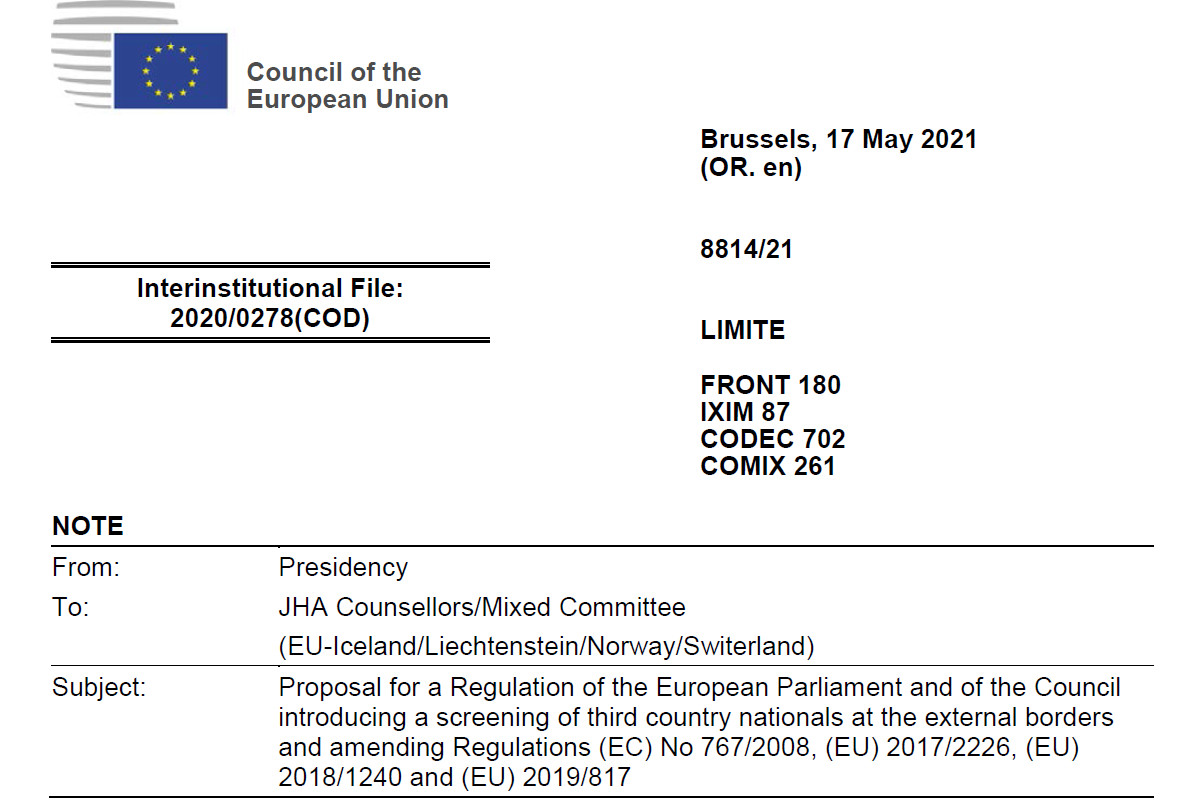
EU: Tracking the Pact: Latest Council recitals for the proposed Screening Regulation
Statewatch is publishing the latest version of the recitals of the proposed Screening Regulation, which will introduce mandatory detention at the EU's borders. The document was produced by the Portuguese Presidency for a discussion of the Council's JHA Counsellors (Frontiers) working group on 19 May.

EU: Tracking the Pact: Lawyers denounce "deadly" screening proposals
The French Bar Association has denounced EU proposals for accelerated asylum screening procedures at the borders as "deadly", and the Council of Bars and Law Societies of Europe has also expressed serious concerns over the plans.
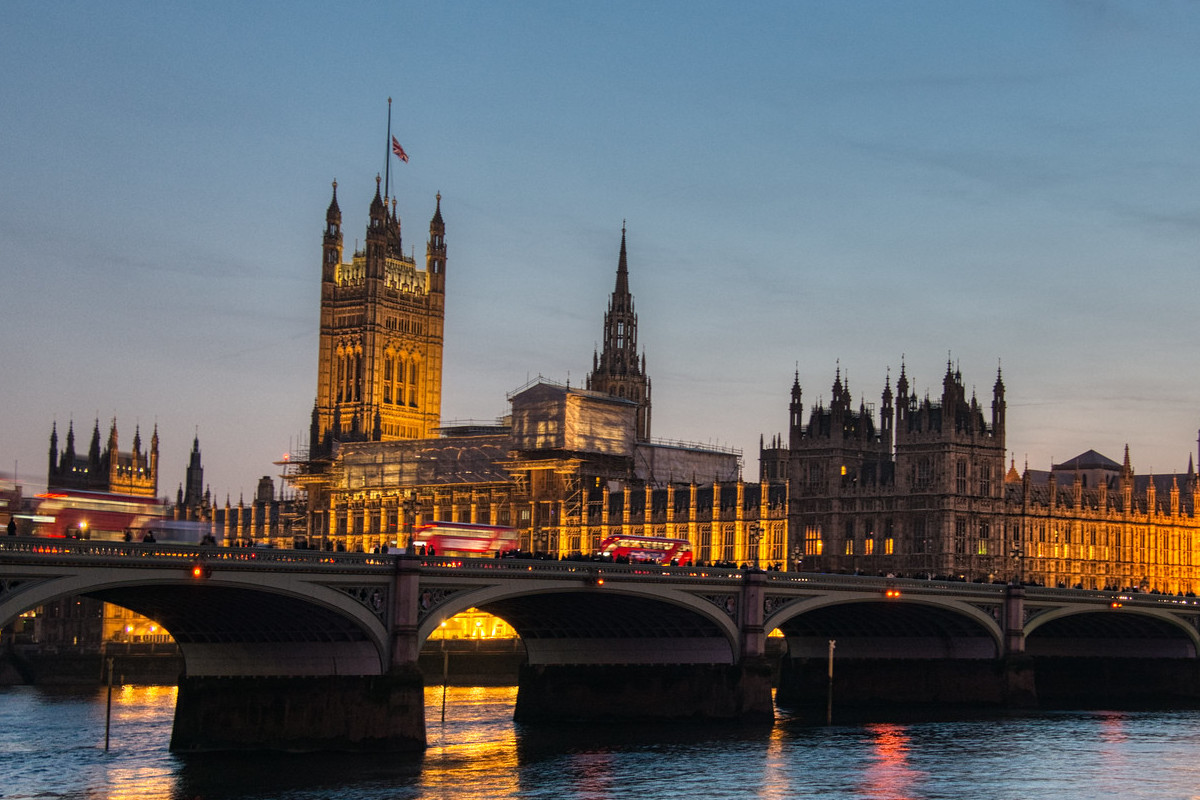
UK: Bad news in the Queen's Speech
The Queen's Speech, which sets out the government's programme for the coming year, was read to the House of Commons earlier this month. It contains a raft of measures that pose a threat to civil liberties.

EU: Council sets the scene to weaken proposed safeguards on artificial intelligence and internal security
National delegations in the Council of the EU are starting to discuss how proposed new legislation governing artificial intelligence should be interpreted from "an internal security perspective," with the Portuguese Presidency highlighting that "limitations and safeguards should be in balance with the possibilities of law enforcement to use and develop AI systems in the future, in line with the rest of the society."
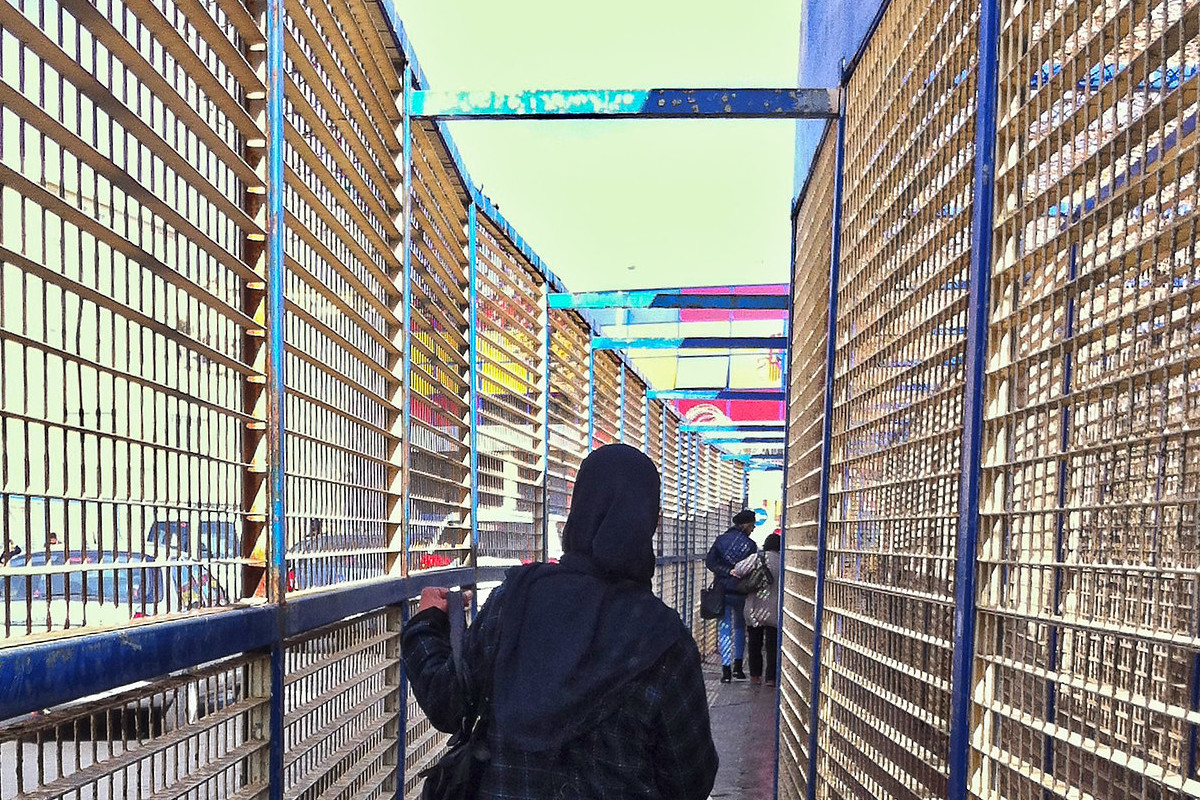
Commission, French government hope Morocco will return to being Europe's border guard
Both the European Commission and the French government have expressed hopes that the Moroccan government will once again take up its role as Europe's border guard and prevent departures to the Spanish enclave of Ceuta, where thousands of people have arrived in the last few days.

Spain: A human rights based approach must be taken in Ceuta, say Spanish members of Migreurop
Andalucía Acoge, APDHA, CEAR, Elín, Iridia, Red Acoge and the SOS Racismo Federation demand a human-rights based outlook in Ceuta
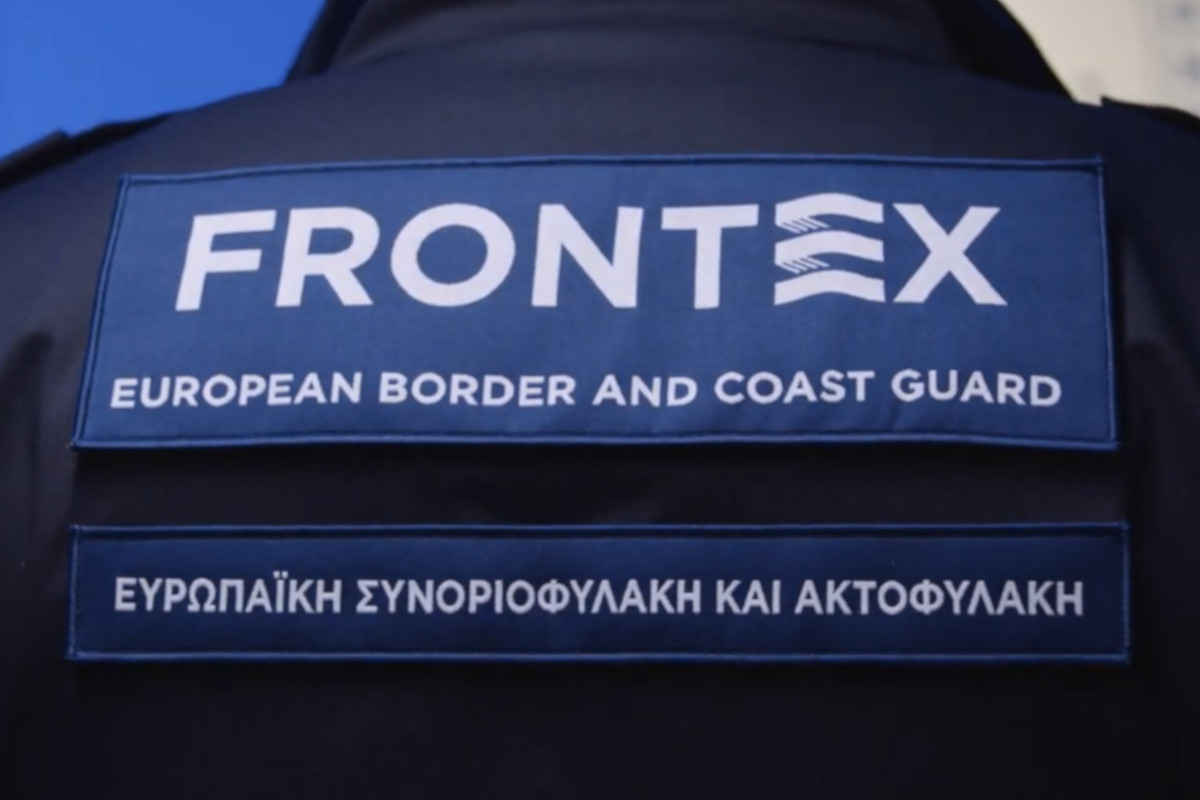
EU: Accountability measures for Frontex: critical experts weigh in
Two new papers, from the Meijers Committee and the European Council on Refugees and Exiles (ECRE), set out ways to improve the accountability and transparency of EU border agency Frontex.
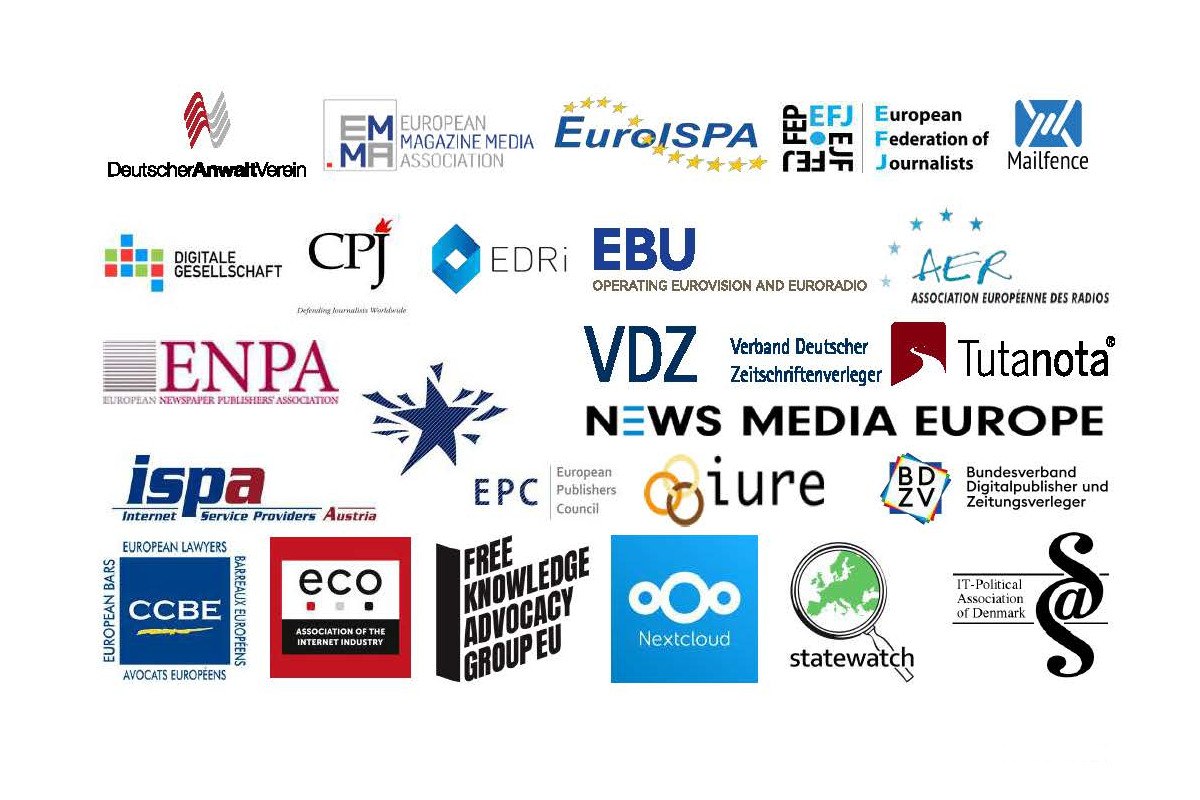
EU: E-Evidence: Media and journalists, civil society groups, professional organisations and technology companies demand fundamental rights protections
Forthcoming legislation on "e-evidence" would ease the cross-border gathering and transfer of data for use in criminal proceedings. Member states and MEPs must include fundamental rights protections in the rules , says a letter published today and signed by media and journalists' organisations, civil society groups, professional organisations and technology companies.

EU: Exploit the pandemic to digitize the deportation process, says Council Presidency
The EU should "seize" the opportunity provided by the pandemic to implement "a true technological transition" and digitize deportation proceedings, says a report by the Portuguese Council Presidency looking at how member states have dealt expulsions since last spring.
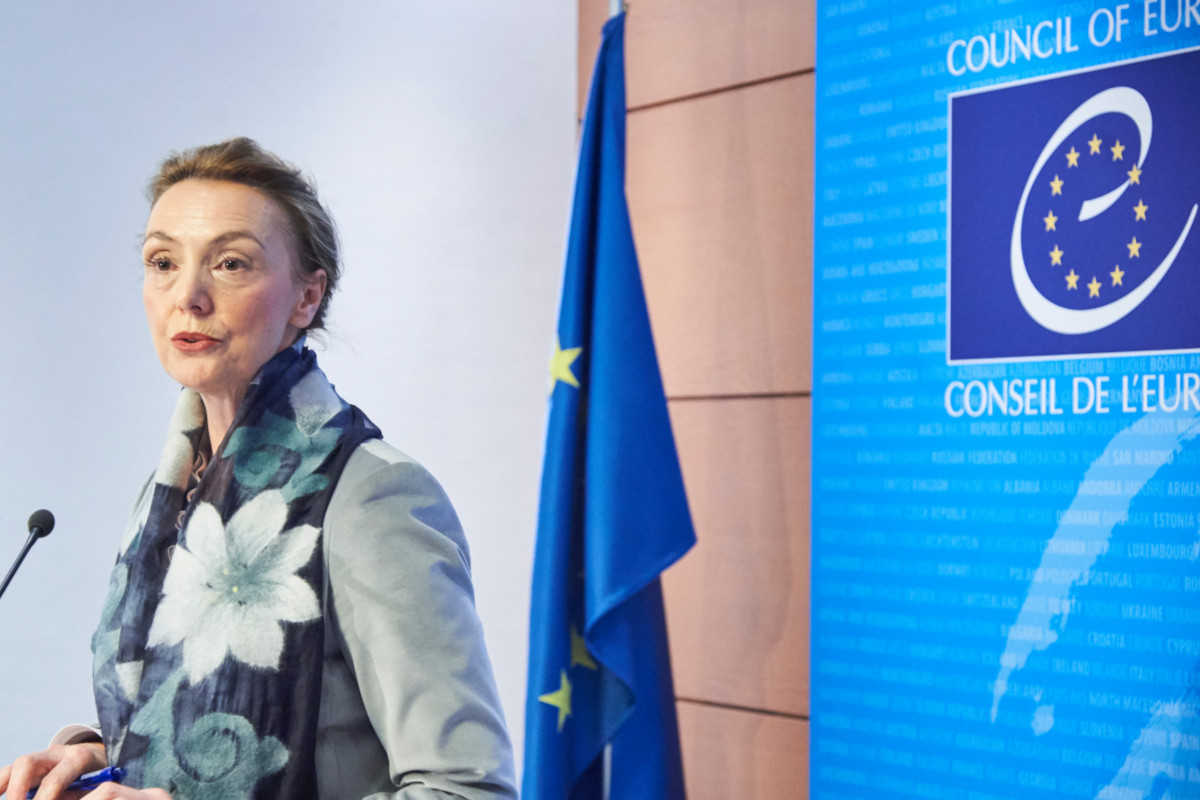
Council of Europe: "Democratic renewal" is needed to save human rights and the rule of law
A "democratic renewal" is needed to "reinforce and renew European democracy and to create an environment in which human rights and the rule of law flourish," says the latest annual report of the Council of Europe.

EU: Undermining encryption: Council Presidency sets out "next steps"
The Portuguese Presidency of the Council of the EU is calling on member states to "support and contribute to the Commission's efforts in the process of identifying options for the way forward on encryption," as EU institutions aim for the contradictory objectives of promoting the use of encryption whilst undermining its effectiveness.

DNA sequencing, DIY style: "vigilance could be required on both legal and ethical issues"
A briefing paper from the European Parliament's Scientific Foresight unit asks a question that raises all manner of legal, ethical and philosophical questions: "As DNA sequencing technologies continuously improve and become less costly, what if we all soon possessed our personal, smart DNA sequencers and apps to analyse our DNA?"

USA: Mass biometric data-gathering border rule withdrawn, but database construction continues
A statement from Mijente and Just Futures Law on the repeal of a rule introduced by the Trump administration allowing the mass collection of biometric data from immigrants entering the USA. However, this change "only stops the rollout of flawed legal justification for mass collection of our biometric information, not its practice nor plans to expand it."
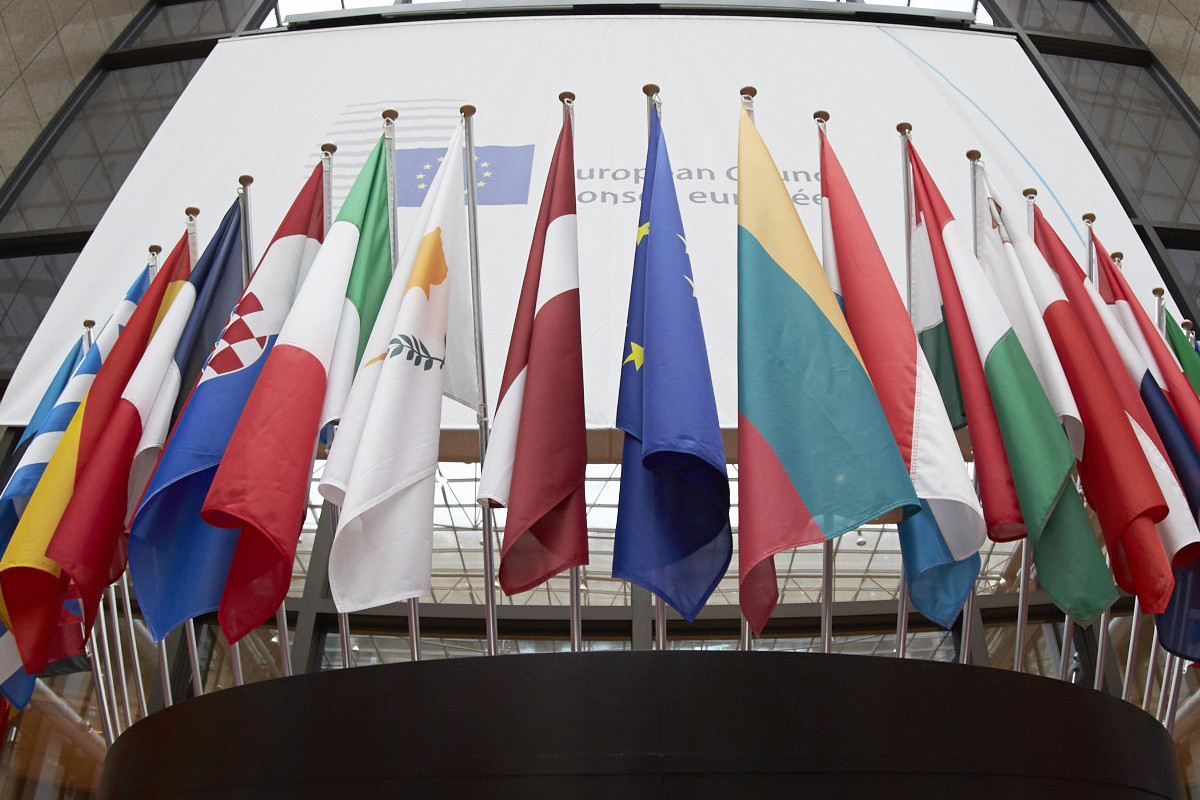
EU: Tracking the Pact: Council papers on common asylum procedure and "voluntary return and reintegration"
Two recent Council documents: a consolidated version of the text of the proposed Asylum Procedure Regulation, currently being discussed by the Council's Asylum Working Party; and a discussion paper on the strategy on voluntary return and reintegration, recently published by the European Commission.
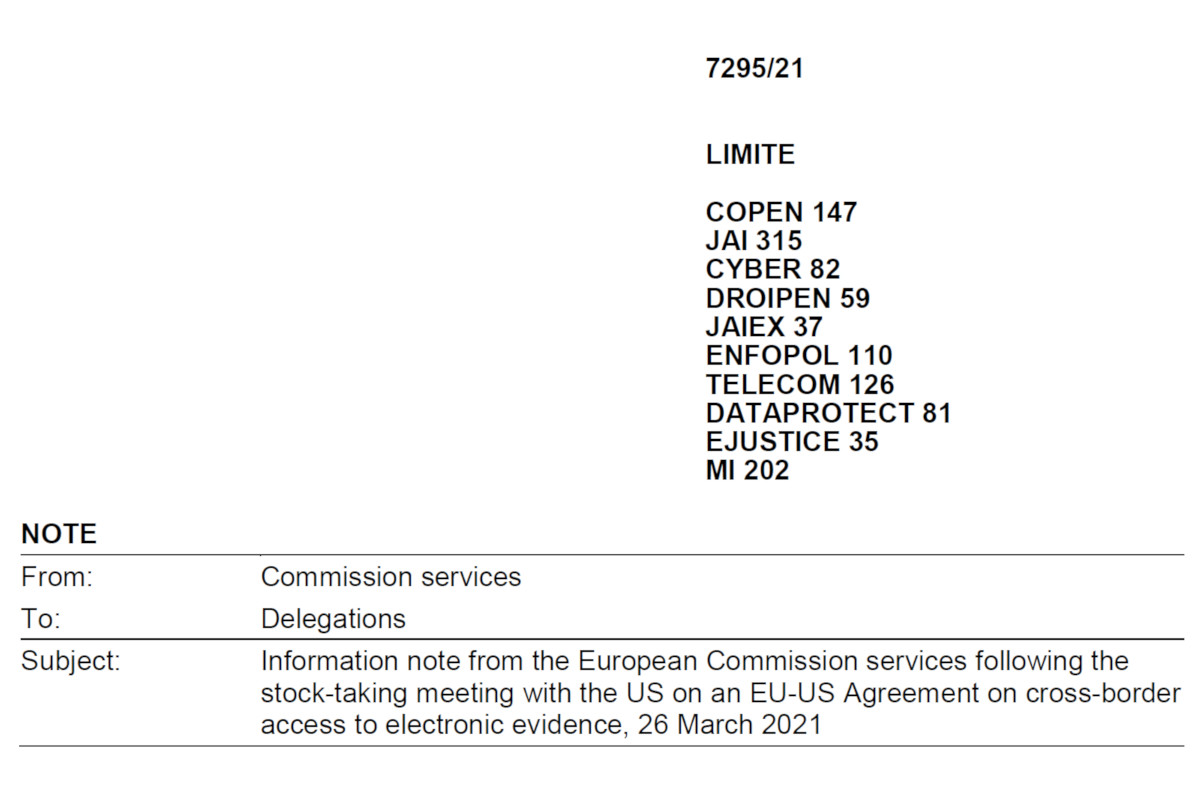
EU-USA: "Sensitive" European Commission information note on cross-border access to electronic evidence
A recent note produced by the European Commission, marked "sensitive" and not intended for distribution outside of the Council of the EU or European Parliament, sheds a sliver of light on the "state of play of negotiations of an EU-US Agreement on cross-border access to electronic evidence".

UNHCR deeply concerned at discriminatory two-tier UK asylum plans, urges rethink
The UNHCR says that the UK government's 'New Plan for Immigration', which seeks to diminish refugee protections, risks "breaching international legal commitments, undermining global refugee cooperation and triggering damaging effects on asylum-seekers who arrive irregularly".
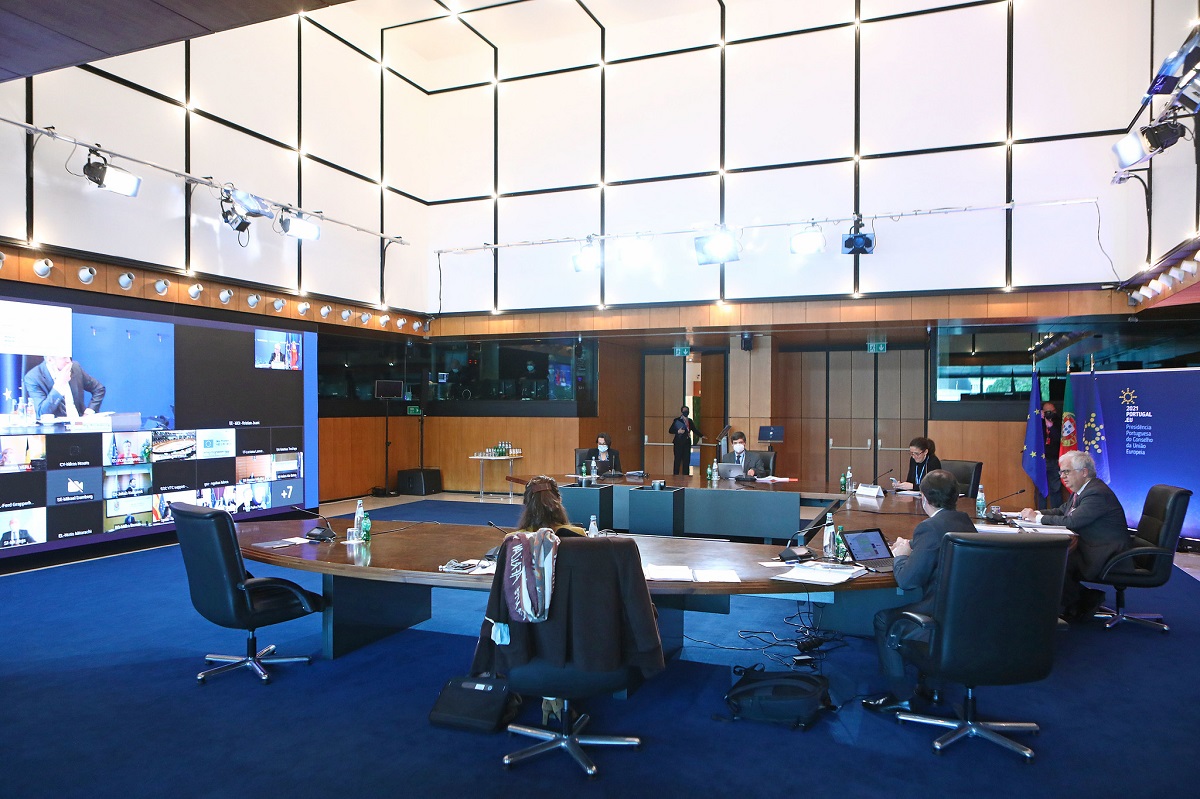
Europol should step up data exchange on "civil unrest", Council Presidency proposes
Europol should exchange information with national authorities "regarding the prevention of violent demonstrations and civil unrest," say a draft set of Council conclusions on "lessons learned" from the pandemic for internal security and law enforcement.
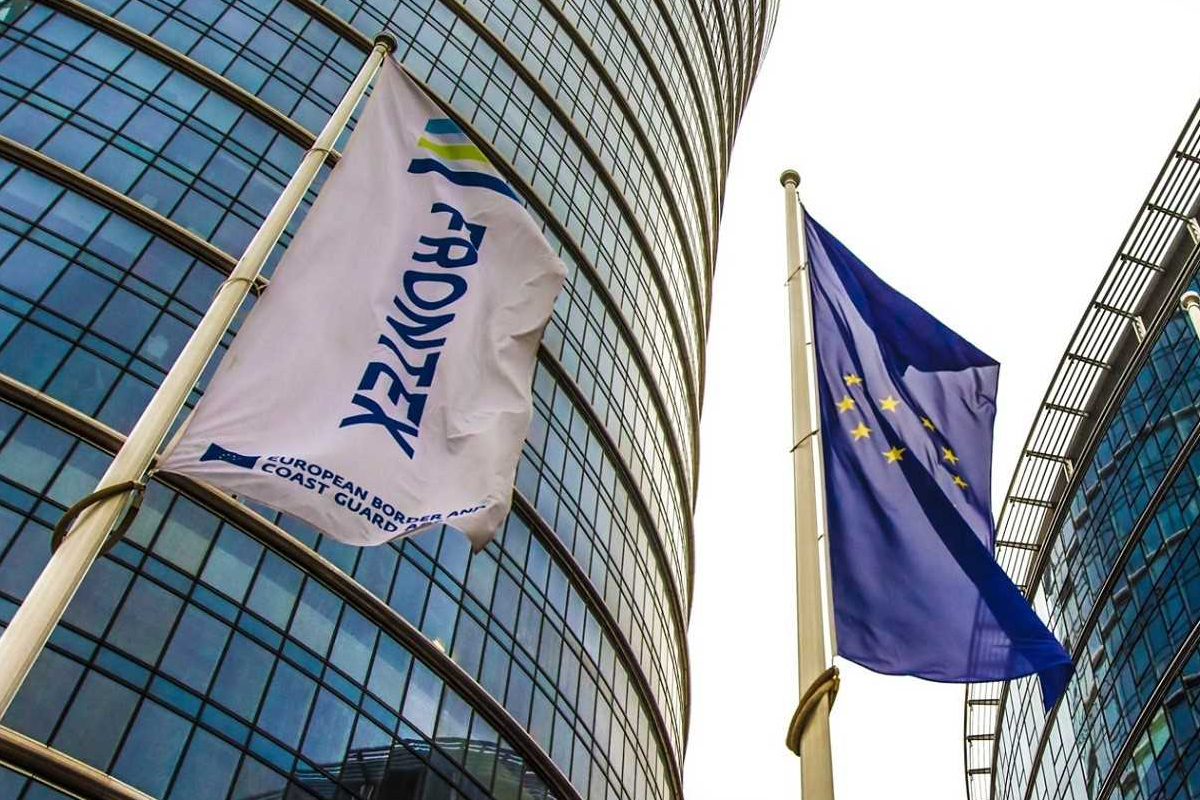
Frontex and lobbying: Executive Director Decision on the Transparency Register
Frontex is to set up a lobbying transparency register to record details of meetings with representatives from the private sector, in accordance with the 2019 Regulation governing the border agency. Statewatch has obtained the Decision of Executive Director establishing the register.
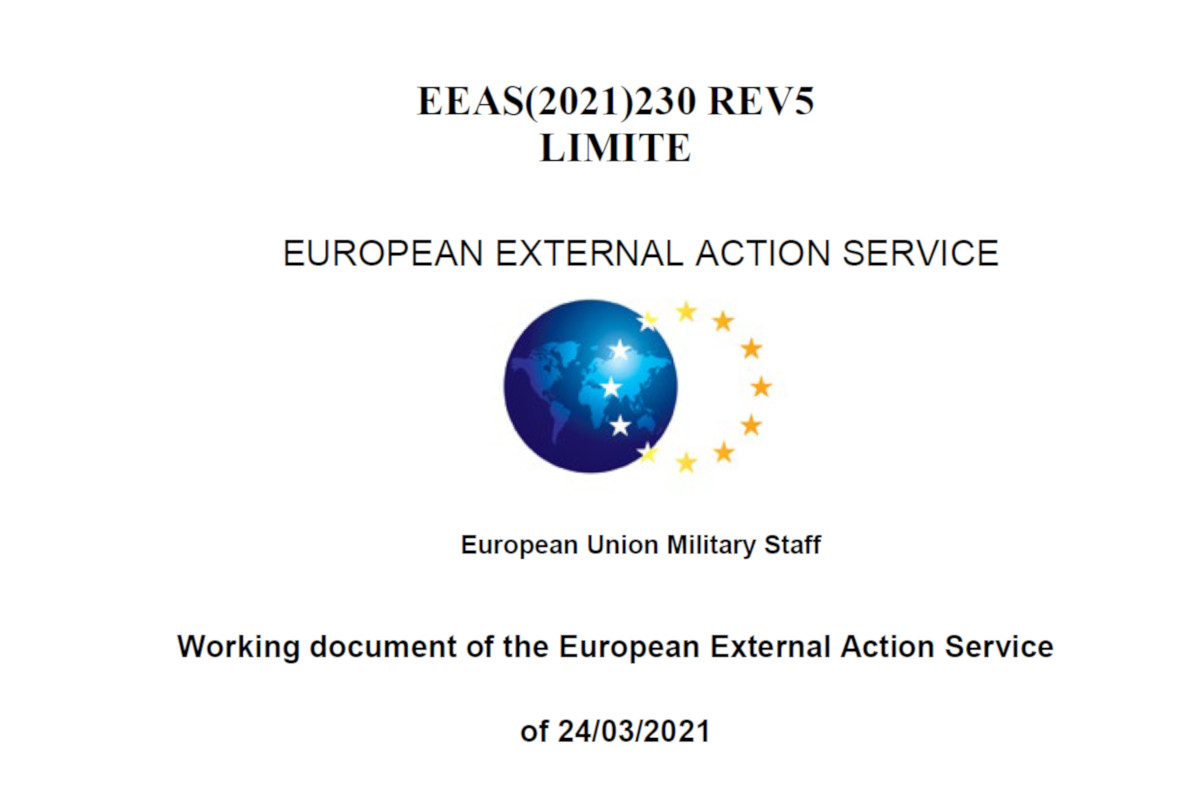
EU: Military Committee plan to ensure input into the "Strategic Compass"
The EU is bolstering its ability to project power abroad. The latest means for doing so is through the adoption of a "Strategic Compass", which is intended to "help strengthen a common European security and defence culture". An internal document obtained by Statewatch shows how the EU Military Committee aims to ensure the views of the "Military Community" are taken into account.

Council of Europe: Anti-torture committee warns against the impact of austerity measures on the conditions of detention in prisons
Alongside the release of its annual report, the Council of Europe’s Committee for the Prevention of Torture has issued a set of minimum requirements for detention in prisons. The requirements are a response to a deterioration in conditions caused by years of austerity measures - and which may be worsened by future cuts introduced in response to expenditure during the pandemic.
Spotted an error? If you've spotted a problem with this page, just click once to let us know.